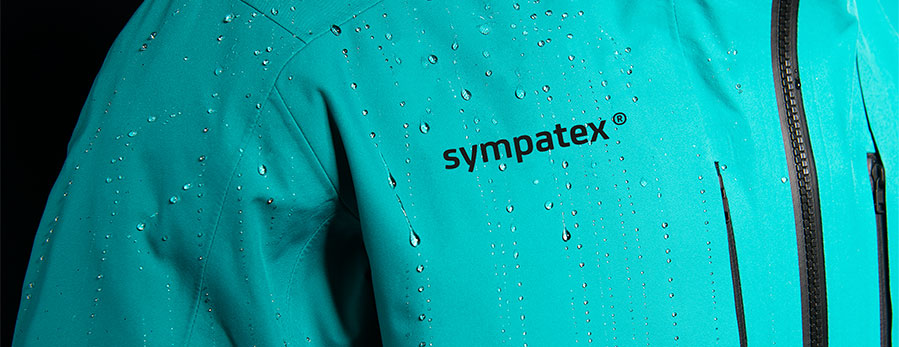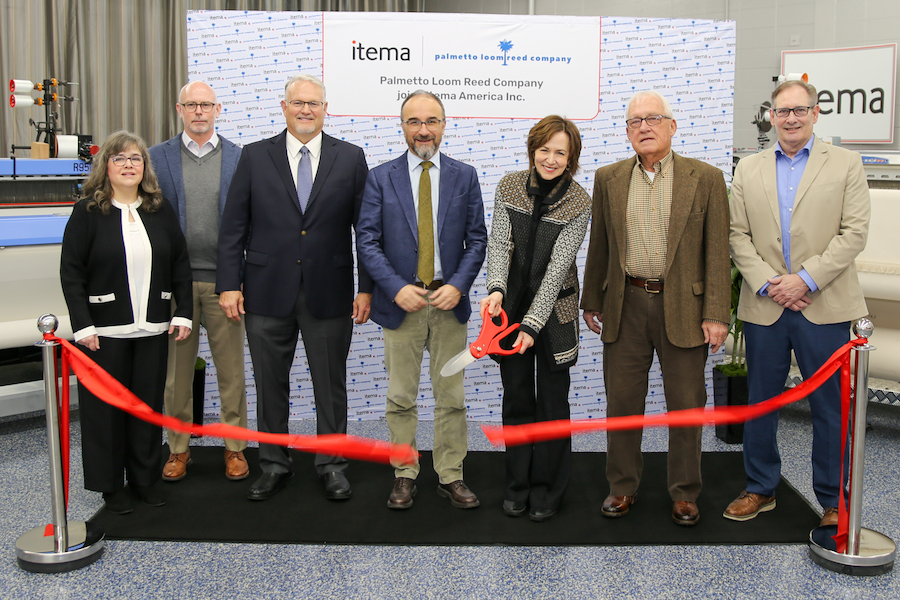#Textile chemistry
DSM partners with Sympatex Technologies to launch mass-balanced bio-based Arnitel® specialty materials

To address growing consumer and legislative demand for lower carbon footprint and more sustainable feedstock, the sports and apparel value chain is increasingly integrating bio-based materials into its designs. By offering a new range of mass-balanced bio-based Arnitel®, DSM Engineering Materials is enabling membrane manufacturer, Sympatex Technologies to meet these demands and make more sustainable choices.
DSM’s bio-based Arnitel® is manufactured with bio-based feedstock using a mass-balance approach[1]. The end product contains more than 25% bio-based content by weight.
Sympatex uses Arnitel® to manufacture its waterproof, windproof, and breathable membranes for sports applications. The transition to bio-based feedstock will maintain the unique functional properties of Arnitel® and will enable Sympatex to easily shift to a more sustainable solution with a lower carbon footprint without having to requalify materials.
Caroline Mittlerlehner, Vice President Specialties DSM Engineering Materials, said: “Together with our partner Sympatex, we are taking the next important step on our sustainability journey and driving the industry’s transition from fossil-based to renewable resources.”
Dr. Rüdiger Fox, CEO Sympatex Technologies, added: “We are seeing that partnerships such as ours with DSM accelerate the progress of our collective journey to a more sustainable world. Everyone in the value chain is benefiting, from suppliers to our customers and sports brands.”
Shruti Singhal, President DSM Engineering Materials, said: “I’m very proud that DSM is helping lead the transition to a circular economy by offering an increasing range of bio-based alternatives to our portfolio. This builds on our extensive experience developing sustainable solutions, in line with our purpose of creating brighter lives for all. And, by working with our partners across the value chain, we’ll keep driving sustainability in our industry to new levels and contribute to delivering a better future!”
[1] Mass balance accounting is a well-known approach that has been designed to trace the flow of materials through a complex value chain. The mass balance approach provides a set of rules for how to allocate the bio-based and/or recycled content to different products to be able to claim and market the content as ‘bio’-based or ‘recycled’-based. Source: Ellen MacArthur Foundation (Mass Balance White Paper).










